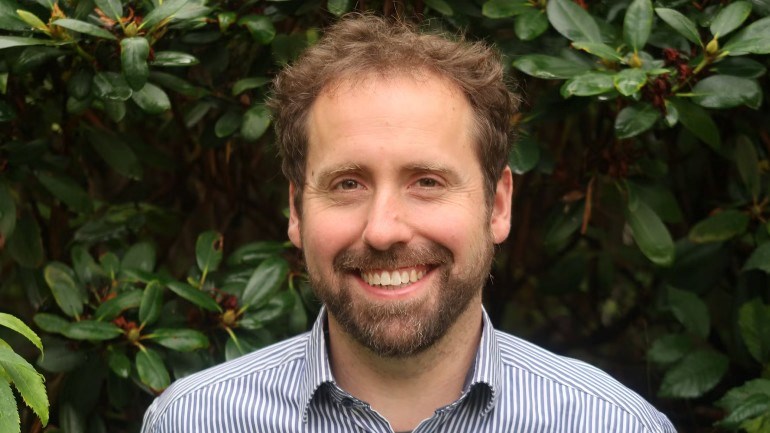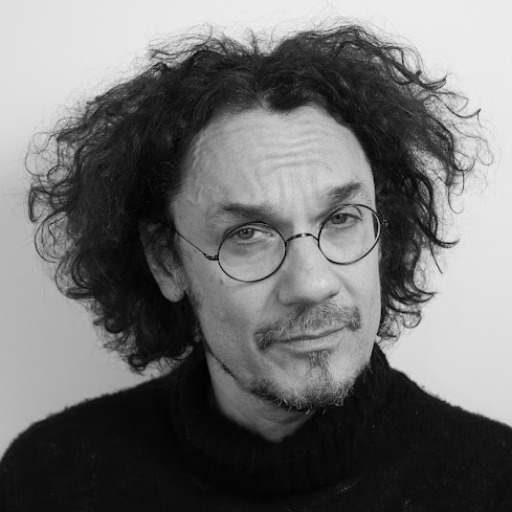AI: do healthcare professionals have trust issues?

It is hoped the survey will help to understand better how trust can emerge when AI in healthcare remains largely speculative. And, how can dialogue over trust be used to improve the technology itself and identify new AI applications in healthcare that might accelerate innovation for societal good.
As AI slowly creeps into our healthcare systems, are there concerns about how trusted new technologies are? A Malmö University academic is rolling out a global survey which is hoped will gain an understanding of the relationship healthcare professionals have with AI.
Michael Strange, an associate professor with a focus on AI, was prompted to initiate the survey having identified three types of AI hype which surround AI and healthcare: firstly, a super utopia portrayed by, for example, robotic arms performing surgery; secondly, a dystopic image of a failing healthcare system, with poorly paid frontline staff which is then saved by AI; thirdly, the notion that we will sell our healthcare system and private data to US-based tech giants.
Normally when people ask about AI in healthcare it’s as if the technology will just be dropped into hospitals.
Michael Strange
“These hypes lack nuance, although they do have elements of truth. The problem is that if you take even a very anti-AI hype, such as the big business example, what we find is that if a story is so hyped up, people get bored of it and use the tech anyway. What we don’t do is engage in a conversation about how we can use AI in a positive way and how trusted it is.”
Strange points out that the average healthcare practitioner is very rarely going to having to decide whether they use AI or not, they are either told to use it, or they trust it because it is a current norm.
“It is the same as when they are using pharmaceuticals, they might not be able to explain how the drug was produced, the same as they don’t know how AI was produced, but they trust it because it is a common practice endorsed by colleagues and associations.
“What we want to do is try and understand what types of relations they see as important, so in the survey we are asking questions to understand if professionals feel their patients have confidence in the technology, and how important is it that they know that technology can increase the amount of time they have with their patients.”
While Strange identifies different trust issues that they know are worrying professionals, end-users are also aware of the advantages, such as AI dealing with more mundane tasks.
Instead of having to regularly check ECGs, for example, they can give that to AI, freeing up time to talk face-to-face with the patients, which is known to have significant health benefits for the patient.
“If we can identify these relations between healthcare practitioners and AI, it tells us something about how to design AI in the future. We need to be able to see how to design the development process, so it is not just happening in a closed box of companies somewhere far away.”
The survey is based around scenarios and is constructed in a way to make it accessible to as many healthcare workers as possible.
“Normally when people ask about AI in healthcare it’s as if the technology will just be dropped into hospitals. But, of course, any such technology would be used by humans working with other humans. We want to understand what human relations are important when healthcare professionals think about using AI."
The first stage of the survey will culminate on 31 October, but a more extensive and detailed survey is hoped to be rolled out next year.

